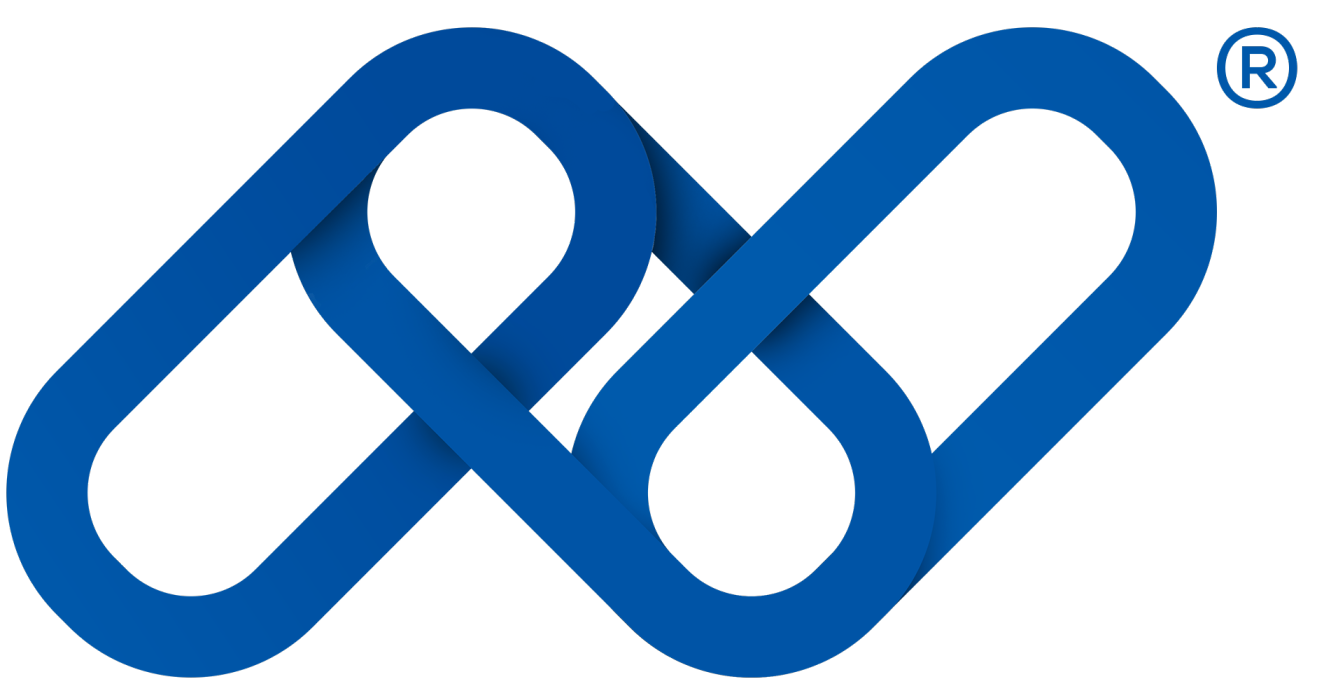“Blockchain creates value through collaboration”
Wim Stalmans (Founder of the Blockchain Academy) met with our team to discuss his vision when it comes to the development of Blockchain applications.
When and why did you join the Infrachain initiative?
The Blockchain Academy® joined Infrachain in the beginning of 2018. We joined Infrachain with the objective to participate in, learn from and support the development of the Luxembourg Blockchain project. Infrachain has put in place what is one of the most important aspects in the realisation of Blockchain’s success, namely governance-by-community. Blockchain’s development depends on the capacity of stakeholders to enter into a collaborative value creation setup, away from the traditional competitive siloed business context. Infrachain is for Luxembourg and beyond a unique platform that allows for this new paradigm to be discovered, experimented, implemented and adopted. Joining Infrachain was a no-brainer decision.
What are the challenges you are currently facing when it comes to the development of concrete Blockchain applications?
The Blockchain Academy® focuses on the education of Blockchain and its impact on business, economy and society. We are not immediately confronted with challenges in the actual development of Blockchain applications, but are nevertheless subject to the overall resistance-to-change which the Blockchain developing community faces. The transformation that Blockchain imposes is profound. Blockchain creates value through collaboration, which is in contrast with the traditional competitive siloed business setup. Together with decades old proven functional processes that are profoundly interwoven in the business, economic and societal tissue, this creates an environment in which change can only be introduced in a very gradual way.
Another main challenge in the development and adoption of blockchain applications resides in the complexity of the Blockchain topic and its understanding. Blockchain is a multi-layer ownership and process system that requires a rethinking of the most fundamental concepts and building blocks in our economy, society and businesses. One example of this intellectual exercise pops up when we try to understand the nature of money. Money seems so much a self-evident element in our societies, that we are confused when a new and fundamental declination of the concept appears such as a cryptocurrency on a Blockchain. Another example that makes us revisit the traditional way of functioning is the independence from trusted third parties that Blockchain proposes. Becoming independent and trust mathematics above the traditional trust-creators, is a new paradigm that is difficult to wrap one’s head around.
What about their main advantages and opportunities?
The internet enabled a leapfrog in information accessibility and dissemination. Blockchain enables ownership of information on the internet, and with it, the existence of assets as an instance on the internet. Until the invention of Bitcoin and Blockchain, internet and ownership registration systems existed in parallel and independently one from another. With Blockchain, internet and the ownership registration system are integrated in one setup, making the internet to function as the conduit that allows for any kind of asset to be held, transferred and even programmed. The latter opens up the doors for the automation of entire economic, societal and business processes.
At The Blockchain Academy® we are convinced that in the long run, Blockchain will introduce an empowerment of the customer. As the latter will be able to hold and manage their assets -like identity, productive time and physical assets- on the internet without the need of the intervention of a trusted third party, they will acquire more autonomy to engage in economic contracts and participate in a prosumer- and sharing-economy.
According to you, where will Blockchain be the most efficient? How and why?
Holistically, the efficiency gain that Blockchain proposes comes from the digital tokenization of ownership of assets. Until the invention of Bitcoin and Blockchain, the more and more digitalized economies and societies functioned on top of an “analog” existence of assets and ownership. By having assets and ownership integrated into the digital sphere, Blockchain enables a digitized economy and society in which the functional elements are present in the digital system itself.
The most direct and obvious efficiency gain comes from the unification of business-data-sources. Traditional business operates on top of a large number of individual, siloed databases in which each database holder manages transactions and ownership transfers independently one from another. An important amount of energy is lost in making sure that each single proprietary database is reconciled with the other databases holding information on the same transactions. Blockchains eliminate the existence of individual databases and proposes one single source of transactional- and ownership-truth.
The possibility to program assets on a Blockchain constitutes a second element that will boost efficiency in business. In addition to eliminating error-prone multiple sources of transactional truth, Blockchain’s ability to add code to assets allows for business and societal processes to be automated.
Central in our interactions with economic and societal agents stands our identity. Currently, identity has to be painstakingly proven and verified at each new contract initiation. The reason for this is -again- the management of information in redundant isolated proprietary databases. With Blockchain, individuals and economic agents are able to hold one single trusted instance of their identity, which becomes the efficient one single identity reference for all interactions.
What is needed to really kickoff the adoption of Blockchain?
Beside the obvious elements like scalability and interoperability between different Blockchain protocols, a major element that’s needed is a fundamental understanding of the paradigm shift that Blockchain imposes. Businesses, institutions, governments and individuals will have to go through a mind boggling transformative understanding that with Blockchain you can be the sole owner of a piece of information on the internet and by consequence have your ownership title exist as an instance on the web. When people start to realise that their ownership can exist in the realm of an internet network without having a trusted third party like a bank, a notary, a government or a corporation guaranteeing the truthfulness of your ownership claim, well at that moment, a whole new reality for economic, societal and business interaction will come into existence.
Published on January 13th, 2020 on https://www.itone.lu/actualites/blockchain-creates-value-through-collaboration


